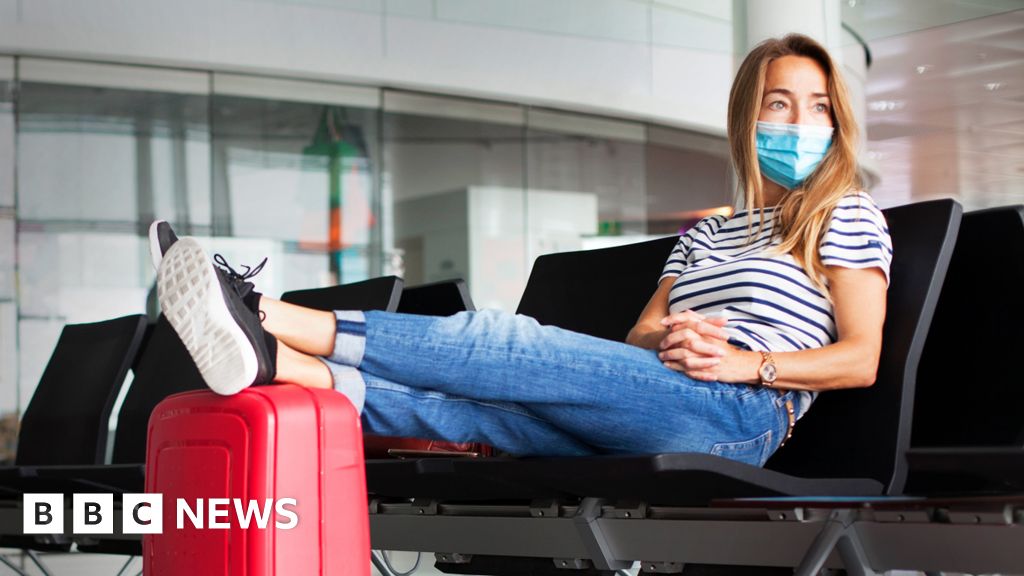gracielle
Registered
- Joined
- Jun 6, 2005
- Messages
- 3,754
- Likes
- 3,100
30 June 2021

 www.infobae.com
Clear doubts about the effectiveness of AstraZeneca: a dose of the vaccine significantly reduces hospitalizations. The studies were carried out in the UK, where the Delta variant mainly circulates, revealed the ARG pathologist, Marta Cohen, who lives in the UK. The research indicated that those who have two and up to three doses receive better protection....
www.infobae.com
Clear doubts about the effectiveness of AstraZeneca: a dose of the vaccine significantly reduces hospitalizations. The studies were carried out in the UK, where the Delta variant mainly circulates, revealed the ARG pathologist, Marta Cohen, who lives in the UK. The research indicated that those who have two and up to three doses receive better protection....
30 June 2021

 www.bbc.com
www.bbc.com

Despejan dudas sobre la efectividad de AstraZeneca: una dosis de la vacuna reduce sensiblemente las internaciones
Lo estudios fueron realizados en el Reino Unido, donde circula mayoritariamente la variante delta, reveló la patóloga argentina Marta Cohen. De todas formas, las investigaciones indicaron que una mejor protección reciben quienes tienen dos y hasta tres dosis
30 June 2021

The EU vaccine 'passport' and what it means for travel
An EU vaccine "passport" is being introduced, enabling holders to prove they have been jabbed.


/cloudfront-us-east-2.images.arcpublishing.com/reuters/B3NPNHYNFVOHBM5F7VPYR33LDQ.jpg)

